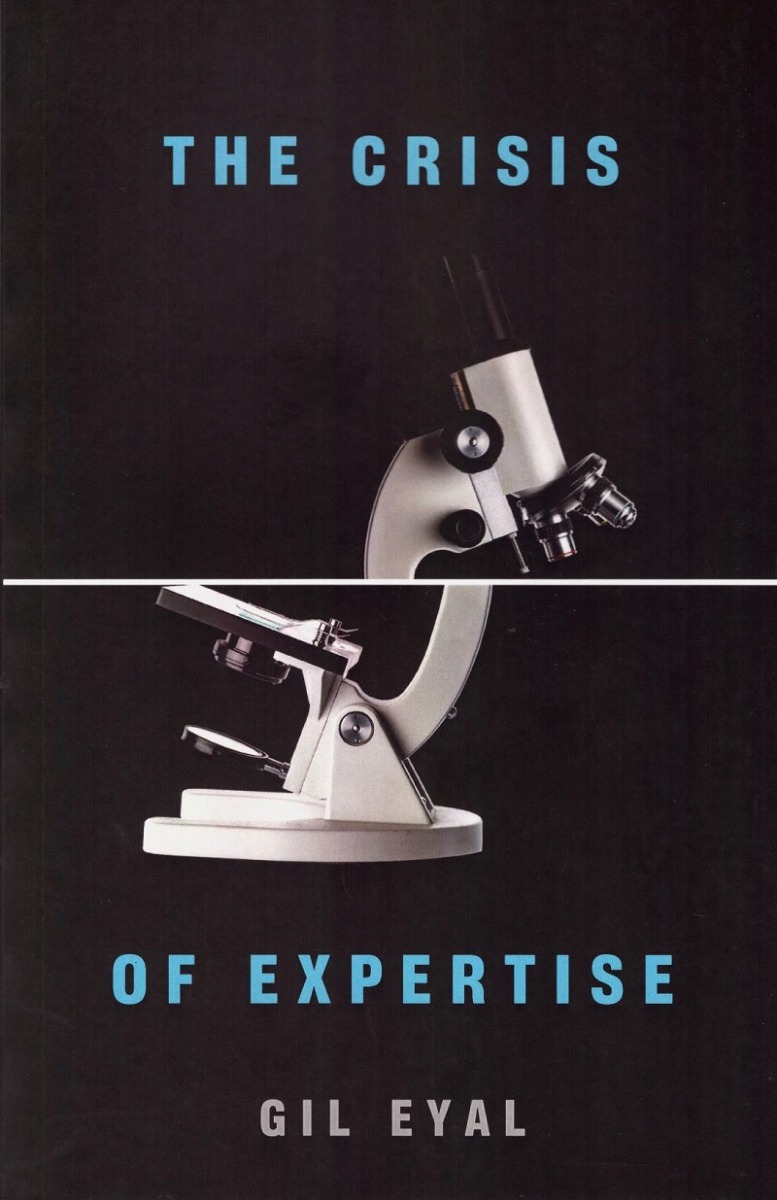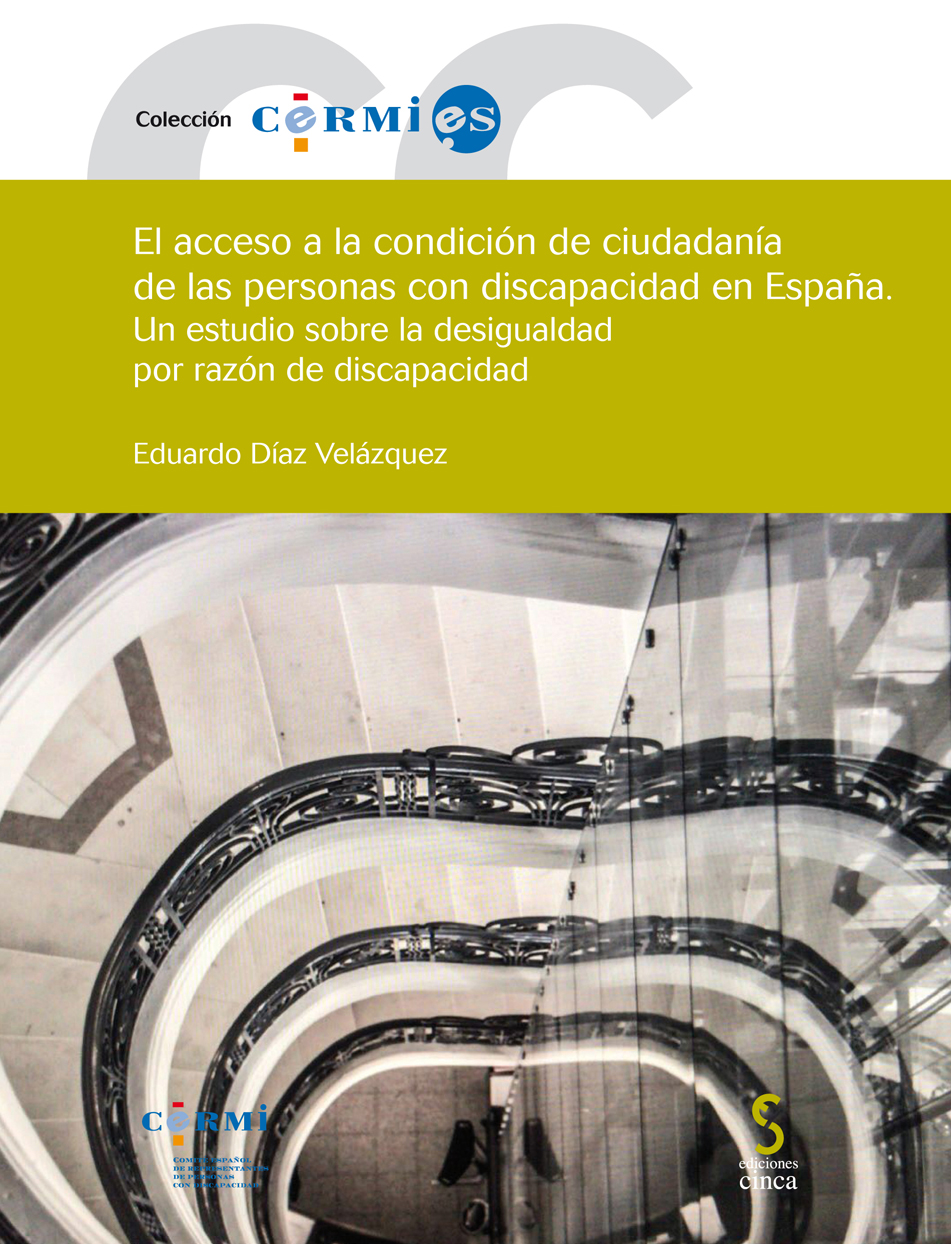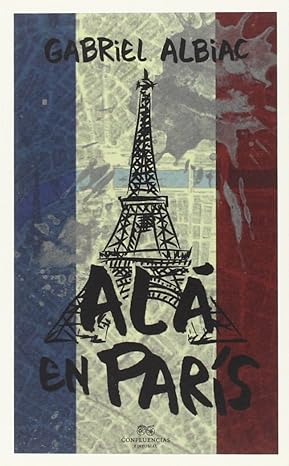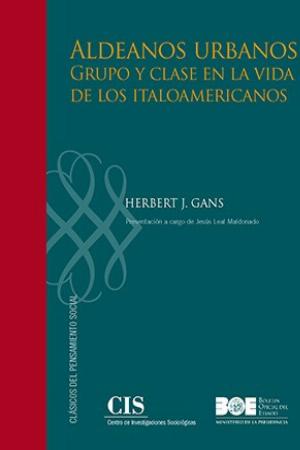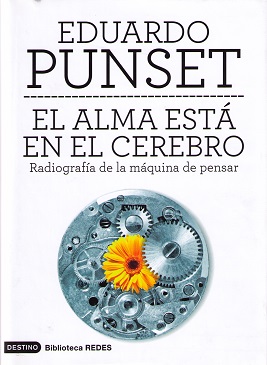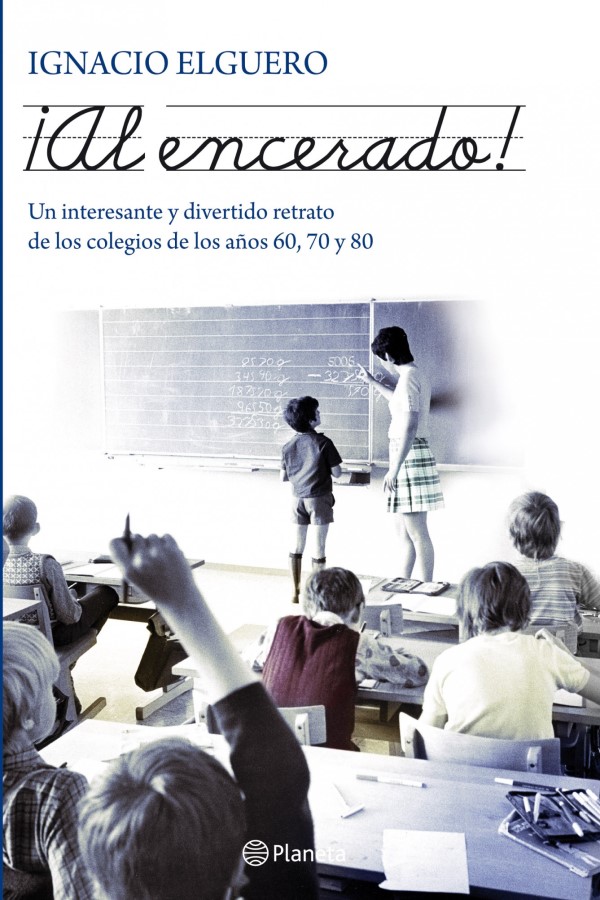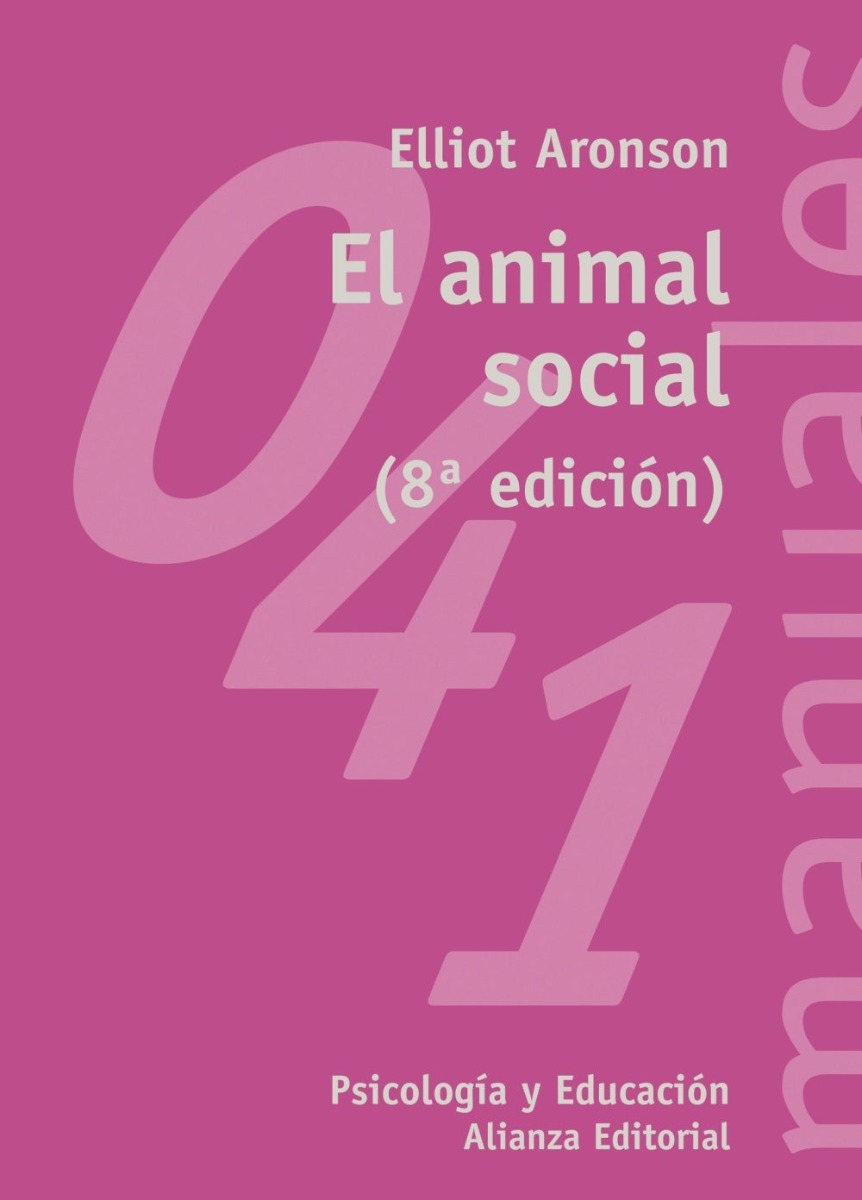In recent political debates there has been a significant change in the valence of the word “experts” from a superlative to a near pejorative, typically accompanied by a recitation of experts’ many failures and misdeeds. In topics as varied as Brexit, climate change and vaccinations there is a palpable mistrust of experts and a tendency to dismiss their advice. Are we witnessing, therefore, the “death of expertise,” or is the handwringing about an “assault on science” merely the hysterical reaction of threatened elites?
In this new book, Gil Eyal argues that what needs to be explained is not a one-sided “mistrust of experts” but the two-headed pushmi-pullyu of unprecedented reliance on science and expertise, on the one hand, coupled with increased suspicion, skepticism and dismissal of scientific findings, expert opinion or even whole branches of investigation, on the other. The current mistrust of experts, Eyal argues, is best understood as one more spiral in an on-going, recursive crisis of legitimacy. The “scientization of politics,” of which critics warned in the 1960s, has brought about a politicization of science, specifically of regulatory and policy science, and the two processes reinforce one another in an unstable, crisis-prone mixture. Eyal demonstrates that the strategies designed to respond to the crisis – from an increased emphasis on inclusion of laypeople and stakeholders in scientific research and regulatory decision-making to approaches seeking to generate trust by relying on objective procedures such as randomized controlled trials (RCTs) – end up exacerbating the crisis, while undermining and contradicting one another.
This timely book will be of great interest to students and scholars in the social sciences and to anyone concerned about the political uses of, and attacks on, scientific knowledge and expertise.

